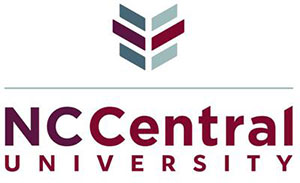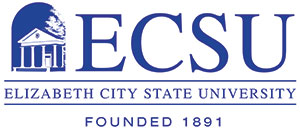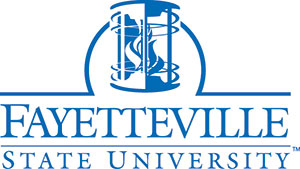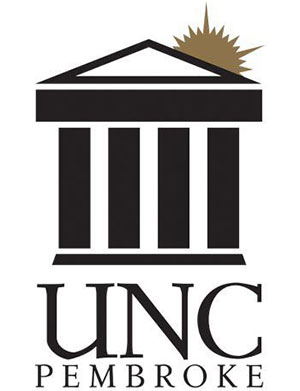By Sarah Padyk
Additional funding opportunities are expected to spark innovation across North Carolina’s research landscape. In July 2022, the North Carolina General Assembly approved the budget for the 2022-23 fiscal year, providing the Collaboratory with $1 million of additional recurring funding for the Historically Minority-Serving Institutions Research Grant Program.
The Collaboratory-led Historically Minority-Serving Institutions Research Grant Program awards funding to NC’s historically minority-serving institutions to expand their research capacities and serve the state’s needs. The 2021-22 budget previously appropriated $500,000 annually to the Collaboratory for the grant program.
The following historically minority-serving institutions (HMSIs) are eligible for this funding:
Campus Impacts of the HMSI Grant Program
The Collaboratory is currently funding many research initiatives at these North Carolina institutions. Sambit Bhattacharya, a professor at Fayetteville State University (FSU), recently received funding from the Collaboratory for his research on Artificial Intelligence (AI) drone software that aims to improve drone performance in confined and geographically complex areas during AI-led search operations.
“Our goal is to develop AI software to process what the drone sees through its camera,” said Bhattacharya. “The vision-based AI will understand the physical boundaries of the confined space and enable an efficient and safe flight path.“
Bhattacharya feels that this research will impact students at FSU and allow the University more opportunities to support similar research. He looks forward to the impact that the HMSI funding will have on this research initiative’s progress.
“Our HMSI funding is important because it will support an impactful project that has been in the planning process for a while and lacked adequate funding to start the prototyping phase,” said Bhattacharya.
“I believe the benefits we have just started to receive from the HMSI program will also be seen by other HMSIs across the state who receive this funding.”

HMSI Grant Program Benefits the People of North Carolina
Board of Governors member Joel Ford also feels that the HMSI Research Grant Program will positively impact the state. Ford believes that as interest in science-based research grows, it is important to emphasize public funding for these projects.

“Scientific research generated at HMSIs plays an important role in improving knowledge-based communities,” said Ford. “The created knowledge drives scientific and technological progress and spills over to the broader economy and state to help the people of North Carolina.”
The Collaboratory is excited about the future of this grant program and its continued collaboration with these universities.
“The grant program would not have been possible without the support from our legislature and the UNC Board of Governors HMSI Committee,” said Collaboratory Executive Director Jeff Warren. “We are hoping these grants can be transformational at these six amazing campuses to create new research opportunities that focus on addressing the diverse topics impacting North Carolina.”
For more information about other current research initiatives like Sambit Bhattacharya’s at FSU, visit the Collaboratory’s Historically Minority-Serving Institutions Research Grant Program webpage.
Sarah Padyk is a graduate student at the UNC-Chapel Hill Hussman School of Journalism and Media and is an environment and science communication dual degree student. She graduated with a BS in environmental science from UNC-Chapel Hill in May 2022 and is currently working towards an MA in media and communication. She is a communications intern with the Collaboratory for the 2022 fall semester.






